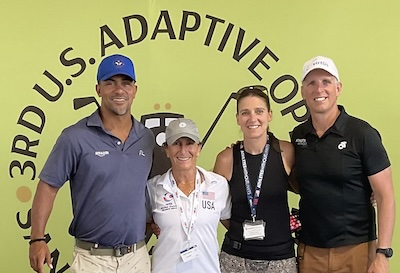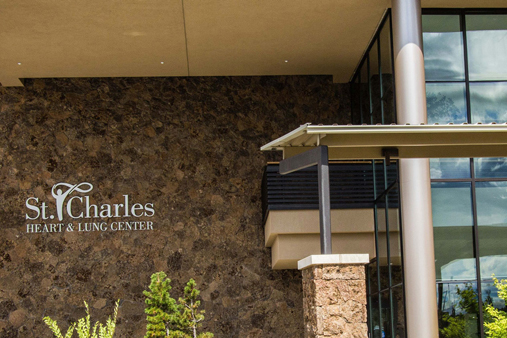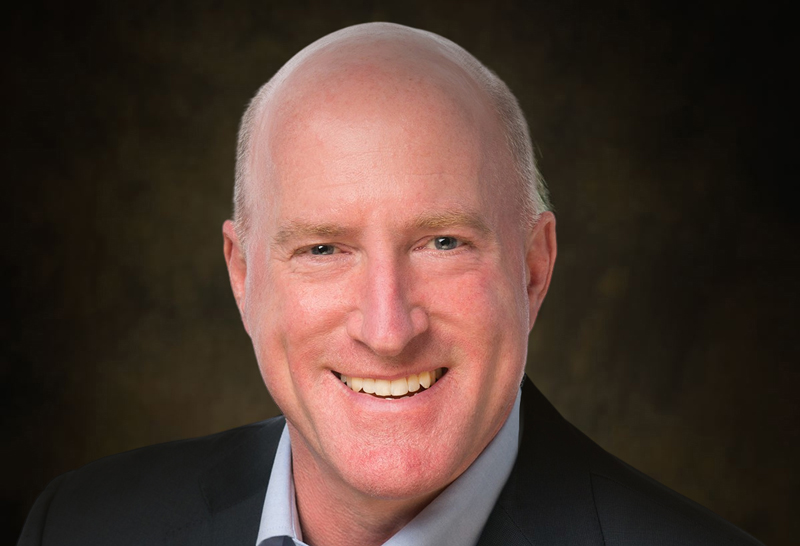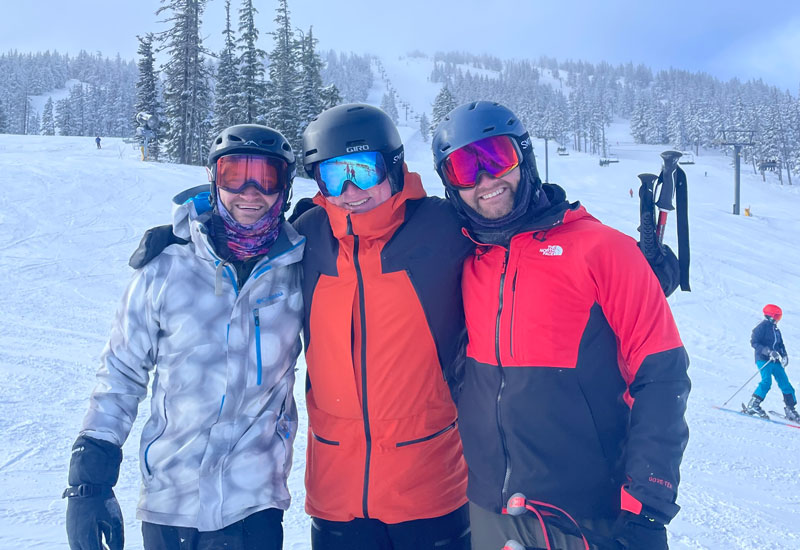Pictured above, from left, are Athletes Without Limits board member Ian Conyers, Dr. Sondra Marshall, and Athletes Without Limits co-founders Julie and Barry Holman.
Before an athlete with an intellectual developmental disorder (IDD) competes in the Paralympics — or any major international competition — they must first be declared eligible for the event by a group of assessors with expertise in IDDs.
The assessor for the United States — Dr. Sondra Marshall — lives in Bend. She is a licensed psychologist and the director of St. Charles’ PEDAL Clinic, a specialty service for children and youth with special health care needs. And in her spare time, she is the U.S. National Eligibility Officer for Athletes Without Limits (AWL), an organization that supports athletes with IDDs who want to compete at the highest level of sport.
Practically speaking, that means Marshall reviews the documentation of every athlete who comes to AWL in search of a pathway to elite sports competition, including the Paralympics. Her role is vital to ensuring that those events are fair and that all athletes are competing on a level playing field.
“My job is to make sure athletes who want to compete in elite parasports meet their eligibility requirements,” Marshall said. “Athletes Without Limits manages eligibility for athletes with IDDs, and I’m the one looking at each athlete’s documentation to support their participation.”
AWL’s co-founders, Julie and Barry Holman, live in Bend, and Marshall joined the organization in 2017. In her first year, she reviewed the documentation for around a dozen athletes.
This year, she’s already up to about 250 — which is reflective of a widespread push to increase access to parasports for people with IDDs.
“There’s been a groundswell of energy around this issue and organizations are taking notice and the athletes are owning it. They have a voice and they’re using it to say, ‘We want full inclusion. We want to participate at this level,’” Marshall said. “In the past, we just hadn’t met a critical threshold of interest, but everything’s coming together.”
In mid-September, the International Olympic and Paralympic committees will host a training program in the Dominican Republic to address the need for increased inclusion of athletes with IDDs in the Paralympics. Representatives from 34 countries across the Americas will attend, and Marshall will be part of the U.S. Olympic contingency to serve as an expert consultant, providing other countries with insights, information and tools they need to help IDD athletes reach their goals.
Over the past eight years, Marshall has traveled to places like France and Mexico to support athletes in international competitions and meet with psychologists from other countries. She also served as a consultant at the United States Golf Association’s National Adaptive Golf Championship, held in July at Woodmont Country Club in Maryland. The September trip, however, is significant in that the Olympic and Paralympic governing bodies of the Americas are coming together to discuss increasing both inclusion of IDD athletes, as well as the number of sports on the international stage in which they can compete.
Marshall, who has dedicated her professional career to those with neurodevelopmental conditions such as IDD, is especially excited about the opportunity because she strongly believes that access to sport and high-level competition should be available to all.
“For anyone, this is good for the mind, good for the body, good for your sense of self — all those things,” she said.
“But it’s also just a human right to be able to participate,” Marshall continued. “I think it’s just a human quality to look around and want to gauge who we are relative to who’s around us. That’s true for all people, regardless of their intellectual or physical ability.”
You can see that quality in the growth of her workload with AWL: More awareness and more inclusion means more athletes seeking the benefits that come with participation in elite competition.
“In my role here at St. Charles, our patient population at the PEDAL clinic falls under this umbrella,” she said. “So this population is my passion, and I’m proud of the work we’re doing for the athletes themselves but also the IDD community as a whole.”





